Now here’s something for parents and gamers to chew on. Whether games are art or not, and how they affect video game players.
As we know, there has been a lot of controversy regarding video games the past few years. Many people claimed that video games have negative effects on people. They say children will develop aggressive tendencies by playing games, some extremists even claim that they will become criminals. Despite the fact that many studies show that these claims are untrue, ignorant parents rather listen to the media’s ignorant accusations than to the results of scientific research. Let’s dive into this topic and try to find out the truth about this matter.
First off, let’s clarify what video games are. Video games are a form of interactive media, they are similar to books, magazines or movies, only they are interactive. Therefore, claiming that video games have no effect on people is just as ignorant as claiming they make the player a serial killer. 
Video games have long evolved from Pac-Man and became something much bigger. Video games today are generally accepted as a form of entertainment, just like TV shows and movies. However, many games – but definitely not all games – have tried to become something even bigger. Thanks to the advances of technology, these games had the potential to become artistic and storytelling mediums. Because of this, many games make people think about and feel things they never felt before. They inspire them and create ideas in their heads, make them think about the message of the game – just as if they were reading a book.
What makes a video game so unique, is that it tries to shatter the barrier between the audience and the protagonist. The player isn’t just watching the game, he’s playing it, he is a part of the game. He is in control, he makes the decisions, and he’s the one who either benefits from the characters’ actions or pays for them. This feeling of involvement makes the player truly feel as a part of the game, and he is immersed in it, as if he had the chance to live in an alternate reality for a little while.
What is the purpose of art? We could debate, but we can say that the goal of an artist is to express something. This something is often emotion; and the goal of the artist is to tell the world of what he feels, which results in the audience “taking the message” and  feeling the same thing the artist felt when he made his creation – whether it is a book, a painting or anything else.
feeling the same thing the artist felt when he made his creation – whether it is a book, a painting or anything else.
Video games are similar to this. A good handful of games have artistic qualities. The art can show itself in different ways, the game Okami for example was artistic with it’s graphical style and story, which felt like being in a painting that told an old folklore tale. The Legacy of Kain and Metal Gear Solid series’ plot, characters and acting were all comparable to movies. Grand Theft Auto IV could be considered artistic thanks to the exceptionally detailed world it created. The game’s creators went through the trouble of creating fictional TV shows, radio channels and websites – all of which looked at humanity and society from a satirical viewpoint. These two factors created the illusion of living in a realistic looking, but in truth satirical American city, and also made the player think and laugh at the polished blade that was the satire. Not to mention that the game, just like it’s predecessors delivered a feeling of freedom – in the bounds of the world, the player could do anything he wanted, he could do things he would never have the chance, or never dare to do in real life. It was a world of total freedom, where the repercussions for illegal activities were ignorable as the game was not real, only a fictional world where the player could do no true harm to anyone.
Or who could forget No More Heroes? No More Heroes, with it’s graphical style, story and characters created a truly surreal world, that was as compelling as it was gruesome. Just the story outline shows the surreal disposition of the world: Travis Touchdown, a stereotypical otaku living in Santa Destroy, California wins a beam katana (lightsaber like weapon) and sets out to become the best assassin in America.  Not quite what you’d call realistic is it? The player is engulfed in a world of craziness and surreality which allows him to feel and experience something he never did before: living in a surreal version of our world that isn’t bound by the rules of nature or society.
Not quite what you’d call realistic is it? The player is engulfed in a world of craziness and surreality which allows him to feel and experience something he never did before: living in a surreal version of our world that isn’t bound by the rules of nature or society.
Prince of Persia: Warrior Within also tried evoking emotion, while also sporting a very impressive, logical and complex level design. It tried to make us feel what the Prince, the character himself felt – hopelessness and desperation. The Prince tried desperately to survive, to outrun the great, unstoppable beast, the Dahaka, as it hunted him.  The beast that was destined to take the hero’s life would not rest, and the player felt similar each time he encountered the Dahaka – as it approached, the screen lost it’s color and turned black and white, as if life was being sucked out of the world itself, and the player’s heart began to beat faster and faster as he desperately tried to avoid the monster and his own, seemingly inevitable death.
The beast that was destined to take the hero’s life would not rest, and the player felt similar each time he encountered the Dahaka – as it approached, the screen lost it’s color and turned black and white, as if life was being sucked out of the world itself, and the player’s heart began to beat faster and faster as he desperately tried to avoid the monster and his own, seemingly inevitable death.
As you can see, quite a few games tried to be artistic one way or another. Sometimes the graphics and level design were artistic, sometimes they evoked emotion and sometimes they just tried to deliver a point across with the story. However, the one genre that truly stands out for being artistic is the horror genre – more specifically the survival horror genre.
Why? Because this is the genre that has the potential to truly master the art of horror and evoke one of our base emotions: fear. Why is it better than books or movies? Simply because the player is inside the story. He isn’t the observer who watches the character as he is constantly threatened by a monster – he is the character who is constantly threatened by a monster. The interactivity of video games give the medium the potential to far exceed movies when it comes to scariness. Audio-visual mediums already have the advantage over books, because the audience can actually see and hear the world around them and the things they are supposed to be scared of. However, even movies fail sometimes – I’m sure I’m not the only one who rooted for villains in horror films, because they found the protagonists unlikeable, and when you don’t feel symphatetic towards the protagonist, then the entire experience is lost. Not to mention that most of them only startle us with jump-out scares, not actually draw us into the oppressing environment.
Horror games, if done well, don’t have that problem. The Silent Hill series is the perfect example. Story time.
I first played Silent Hill when I was about 14 years old. It had a rating of 15+, but I figured I’d be able to handle it without becoming a psycho, and so did my parents. However, what awaited me, was something completely different than I thought. Nothing in my entire life so far scared me to the degree this one game did…and boy, was it awesome. It drew me in. I was no longer myself. I was Harry Mason, lonely writer looking around the fog-engulfed town for his daughter.  I was as desperate as he was. I was as confused as he was. I was as scared as he was. For a little while, I was Harry Mason and Harry Mason was me. We were one, he was the voice that spoke, we shared the soul that held the desire to find the girl, and I was the mind and body that controlled his actions. We weren’t entirely one, but we weren’t separate – it was as if we possessed the same body, we experienced the same things. I became one with Harry Mason and found myself in true terror and danger, the kind I think I’ll only experience again in a near-death experience. Once I turned off the system it was all over, I was myself again, but those memories will always be with me. It wasn’t just a video game – it was art, the art of evoking fear.
I was as desperate as he was. I was as confused as he was. I was as scared as he was. For a little while, I was Harry Mason and Harry Mason was me. We were one, he was the voice that spoke, we shared the soul that held the desire to find the girl, and I was the mind and body that controlled his actions. We weren’t entirely one, but we weren’t separate – it was as if we possessed the same body, we experienced the same things. I became one with Harry Mason and found myself in true terror and danger, the kind I think I’ll only experience again in a near-death experience. Once I turned off the system it was all over, I was myself again, but those memories will always be with me. It wasn’t just a video game – it was art, the art of evoking fear.
So like I said earlier, video games do affect us, but there is something important to state here: they don’t affect people negatively…or at least they aren’t supposed to.
You see readers, it is as I said. Games aren’t just for kids anymore. Gamers of the past who spent days throwing quarters into arcade machines playing Street Fighter 2 have grown up. According to statistics, the average age of gamers today is above 20. It is inevitable that game developers start to cater for the more mature audience in such a situation, and it is because of this that controversial games like Grand Theft Auto, Manhunt or Conker’s Bad Fur Day are born. These games are not made for children, so much that they have mature ratings. Of course this doesn’t stop them from playing them – the forbidden fruit always seems the sweetest, plus kids think they are cooler if they play games they aren’t supposed to.  They don’t ruin them, but if coupled with family or school problems, video games can affect them negatively.
They don’t ruin them, but if coupled with family or school problems, video games can affect them negatively.
You see, the important thing for parents to learn is that video games are not the source or the reason if their child kills somebody. The real reason is often because of emotional and social problems.
How can video games ruin a person’s sense of morality? The answer is simple. It isn’t the video game that ruins it, it’s bad parenting and insecurity. A boy who is hated and bullied in school, is abused by his parents can’t see the good side of life. He finds escape in video games, some of which are violent. However with bad parenting he won’t be able to comprehend what is means to take someone else’s life. Especially, if said boy has suffered for years from constant bullying and beatings. The boy’s ethical and moral views will start to change. With very few people – or perhaps no one – to help him, he’ll be overcome by the hate he feels towards people and reason: “If they can make me suffer and get away with it, I can hurt them too.” Then he’ll go out and exact his revenge.
Of course not all cases are like this. Some people don’t have these kind of problems, but they commit similar acts. These people either have similar problems, are unstable mentally or lack proper parenting, which result in a lack of morality. If you don’t tell your son that beating other people to death is a bad thing, and he constantly sees people doing it on the TV and in games (or even in real life) then he won’t consider it a bad thing. Just like how a crazy suicide bomber wouldn’t consider it bad if he killed himself along with a hundred other people. 
Take the Columbine High School massacre that happened in 1999. 18-year-old Eric Harris and 17-year-old Dylan Klebold the two people who murdered 13 people and injured about 20 more didn’t do it because they played Doom, nor because they listened to Rammstein and KMFDM, nor because they saw the movie Natural Born Killers. They did it because they were outcasts, subjects to frequent bullying, all the pain and hate piled up inside them and their hate began to grow towards society and people in general. There were even reports of Harris being a clinical psychopath and Klebold being depressive. Video games had hardly anything to do with it, they were perhaps a source of inspiration for their actions, if anything at all. You see, the reason for their actions were not the media that influenced them, but the environment they had to endure each day in. In a sense, they too were victims as well, not to weapons, but to the hate and loneliness they suffered from. If they could’ve lead a normal, healthy life, it is very likely they wouldn’t have done what they did, like many other gamers. A lot of us also have similar interests as the two above, but because we have a “normal”, safe life we don’t become like them.
If you are a parent, you have a duty to raise your child, for his/her own sake. Parents need to help their children and raise them into good members of society. If you are a parent, you have to make sure that what your child is doing is not causing him harm. You should give him freedom, but you should also keep an eye on him. Don’t let him sacrifice his real life for video games, don’t let him become addicted to them. A person needs a normal life with real friends, a life where he doesn’t feel rejected or hated by society, a life where he can find true happiness. If you feel he isn’t mature enough to handle violent video games then stop him from playing, or at least make sure he knows the difference between reality and video games. However if he is mature enough to “handle” the video game and it’s message, then let him play it.
Today there isn’t much difference between a 15 and an 18 year old mentally.  A lot of children learn everything about the things adults try to protect them from by the time they turn 15. Take me for example, I received sex education in school when I was 14; I saw Rambo 2 when I was 12; music wise I’ve always listen to bands like Nine Inch Nails; I played games like Grand Theft Auto: Vice City, Postal 2 and Silent Hill when I was under the the specified age. Still, I turned out fine, thanks to the parenting I received and because I led a normal life, only difference from “regular” people being that I played quite a bit of video games. This brings us back to what I said earlier: even if you take ratings seriously don’t go overboard; a 16-year-old gamer is not very different mentally from an 18-year-old, if he seems mature enough to play it, then don’t stop him from doing so.
A lot of children learn everything about the things adults try to protect them from by the time they turn 15. Take me for example, I received sex education in school when I was 14; I saw Rambo 2 when I was 12; music wise I’ve always listen to bands like Nine Inch Nails; I played games like Grand Theft Auto: Vice City, Postal 2 and Silent Hill when I was under the the specified age. Still, I turned out fine, thanks to the parenting I received and because I led a normal life, only difference from “regular” people being that I played quite a bit of video games. This brings us back to what I said earlier: even if you take ratings seriously don’t go overboard; a 16-year-old gamer is not very different mentally from an 18-year-old, if he seems mature enough to play it, then don’t stop him from doing so.
Parents of the world, I call for you. Be good parents, raise and support your child and you’ll see that he’ll be fine even if he plays video games. You see, for a normal person, video games are entertainment, nothing more. They even have positive effects: studies show that gamers are often better at problem solving than non-gamers. 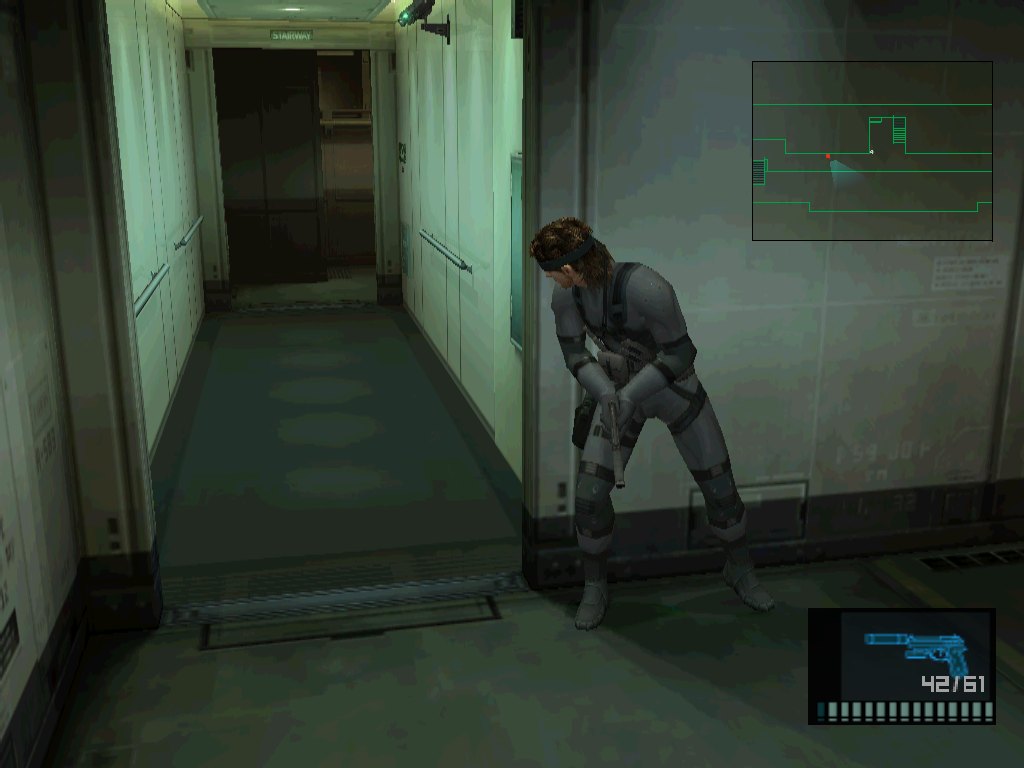 They can also educate the player, it is thanks to Metal Gear Solid 3 that I know the date of the Cuban Missile Crisis, and if it weren’t for video games like Final Fantasy, my English wouldn’t be as good as it is now. Many games have thought provoking messages which also make them worth playing.
They can also educate the player, it is thanks to Metal Gear Solid 3 that I know the date of the Cuban Missile Crisis, and if it weren’t for video games like Final Fantasy, my English wouldn’t be as good as it is now. Many games have thought provoking messages which also make them worth playing.
In short, if you are a parent and your child wants to play video games, don’t deny it from him/her. Your child will only be missing out on something good. Don’t believe people like Jack Thompson who label video games as the work of the devil, think for yourself and listen to what gamers themselves say – after all, who can tell you more about games than the ones who play them? Let the child play games and help him/her make the right decisions – both when choosing games to play and in real life – for his/her own benefit. You see, video games are not bad for your child, they can make him experience things he might never be able to in real life. All that matters is that you, the parents raise them well and care for them, so they will know the difference between a video game and real life.
That’s it for today. I hope you enjoyed reading the article. If you feel like discussing it, leave a comment or join our forums.
Happy gaming,
Gyuri

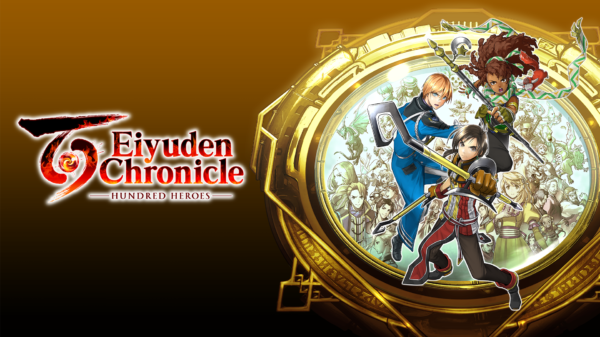
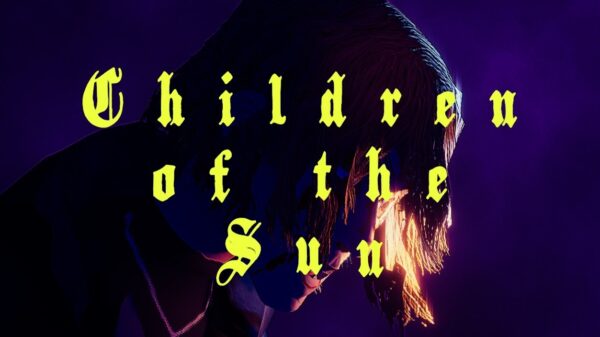
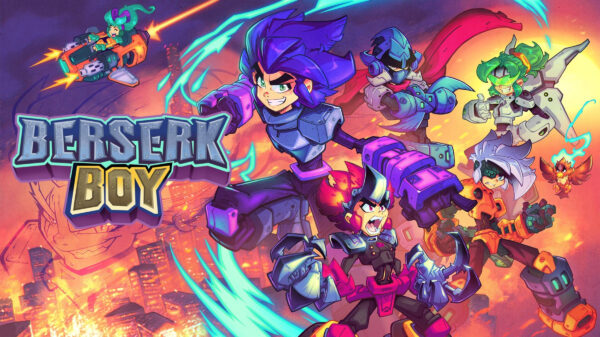
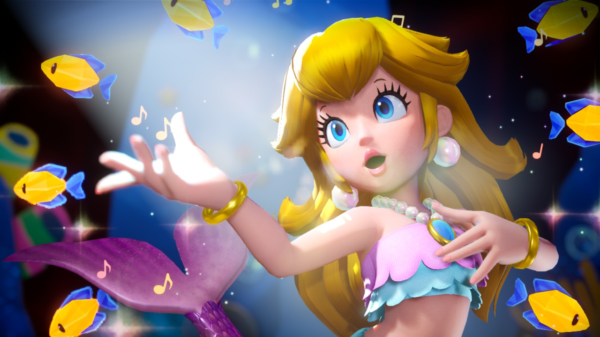
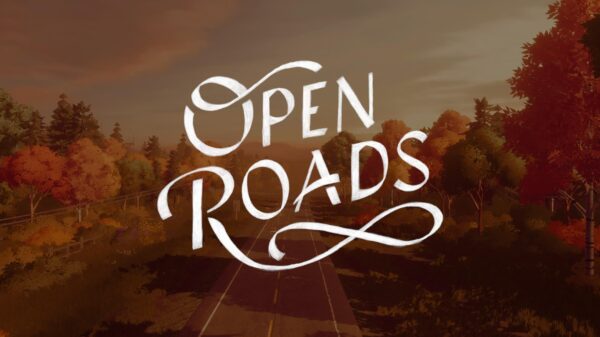





















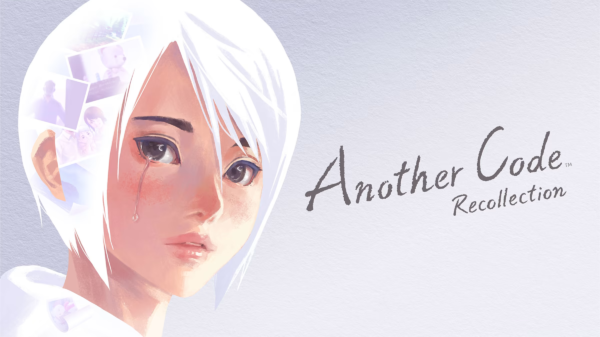
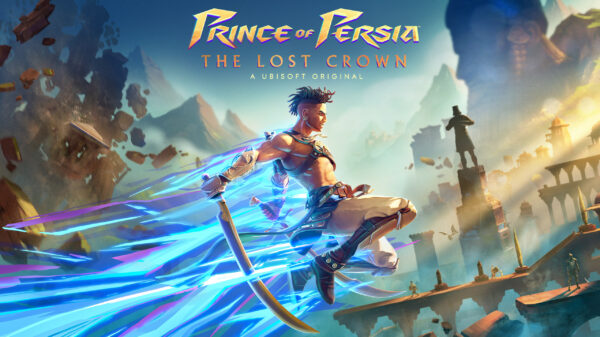
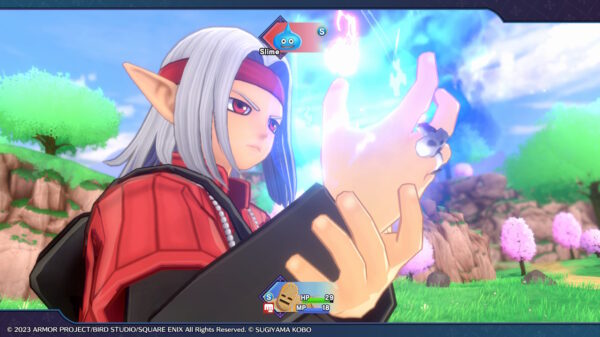
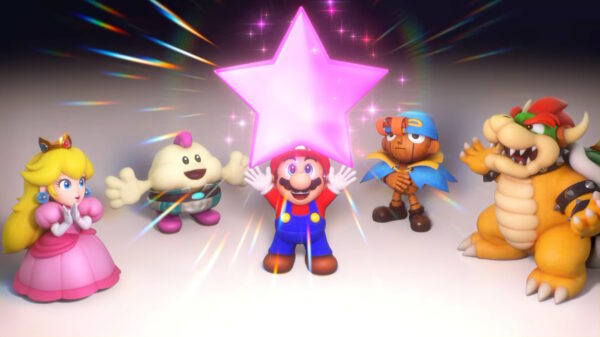
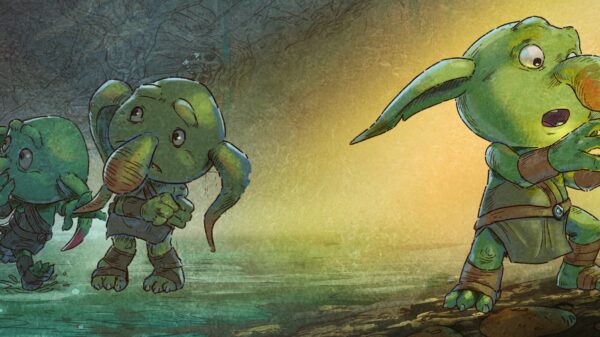
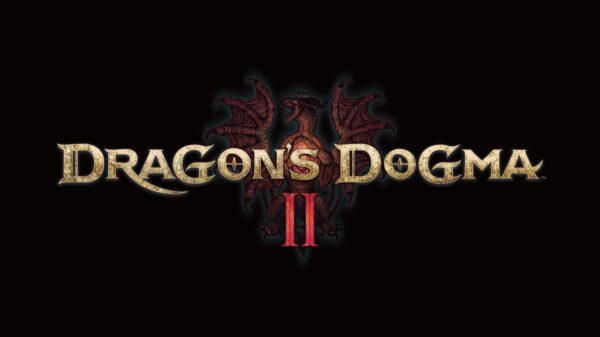
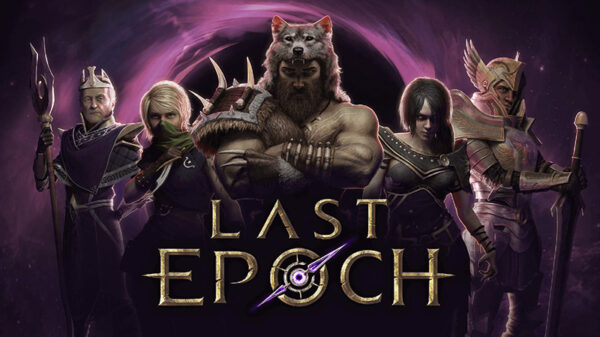


















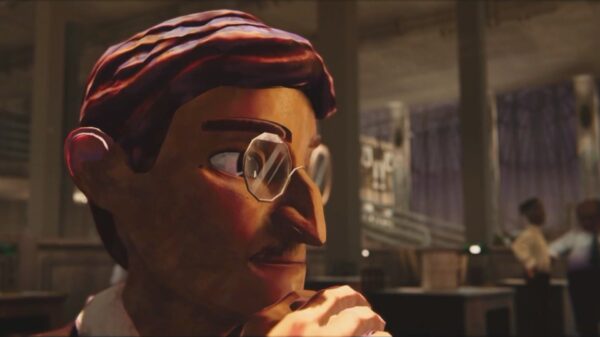


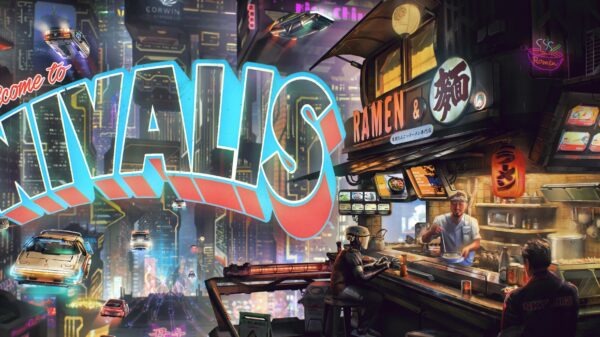

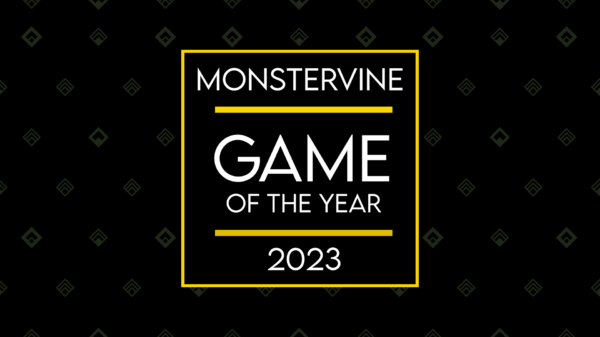
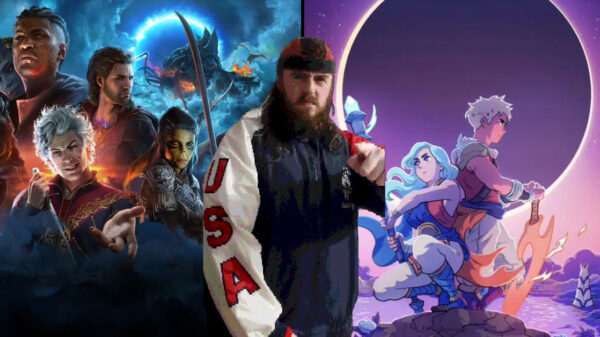
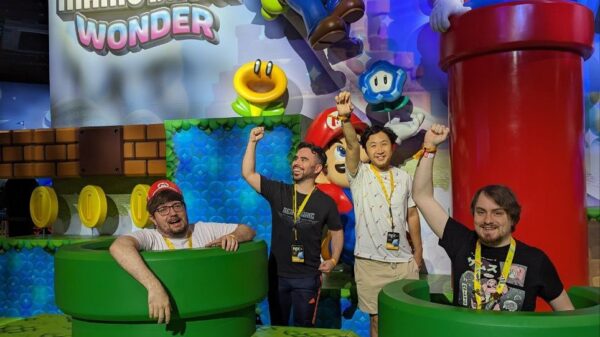
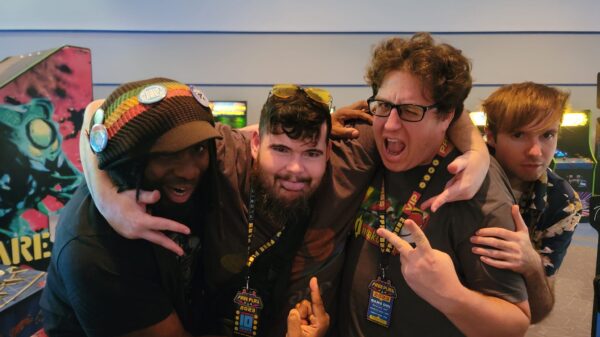
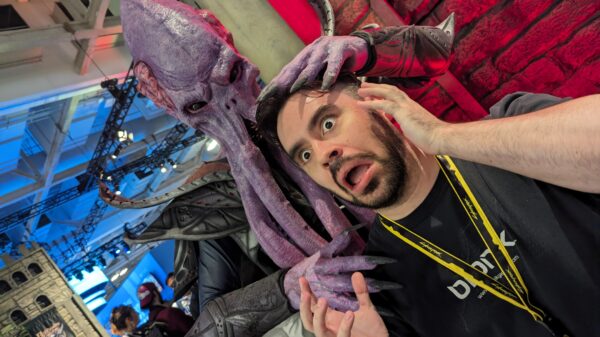

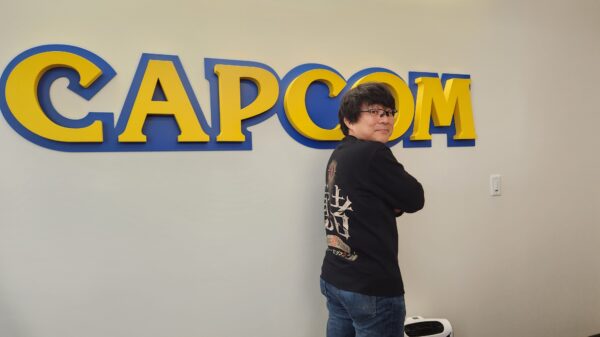

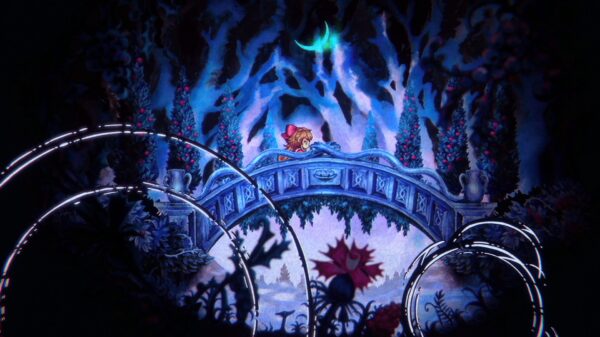
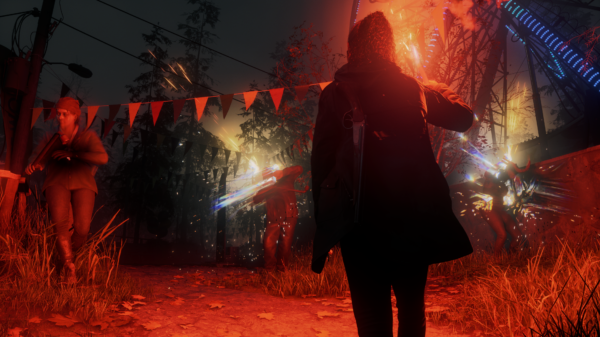
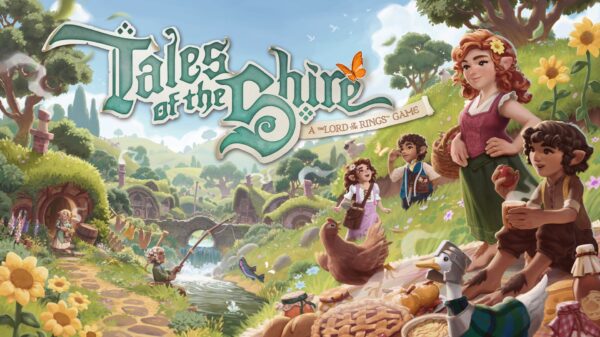

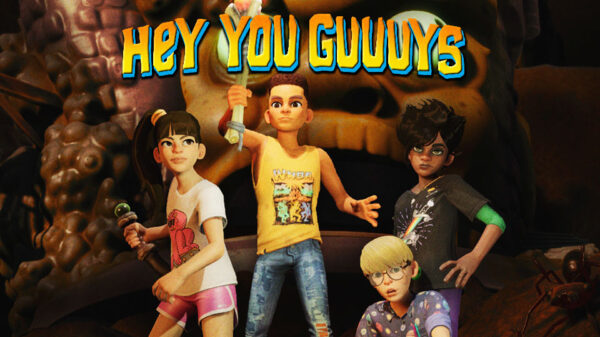
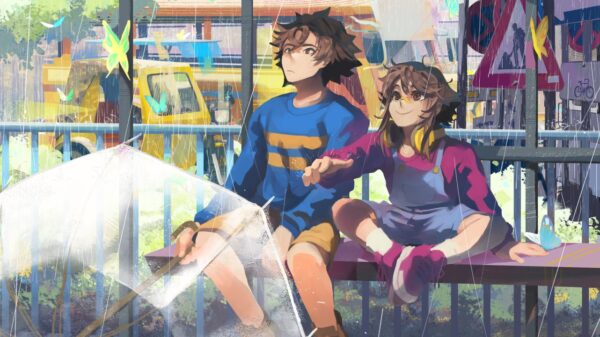
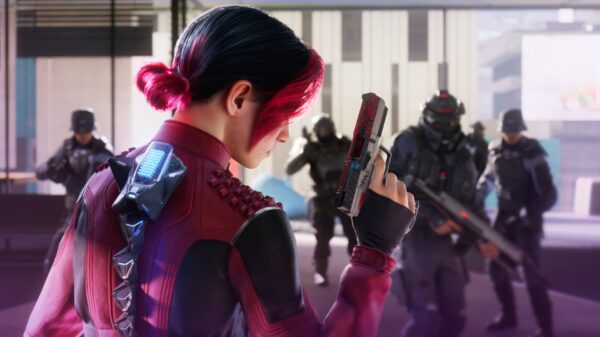























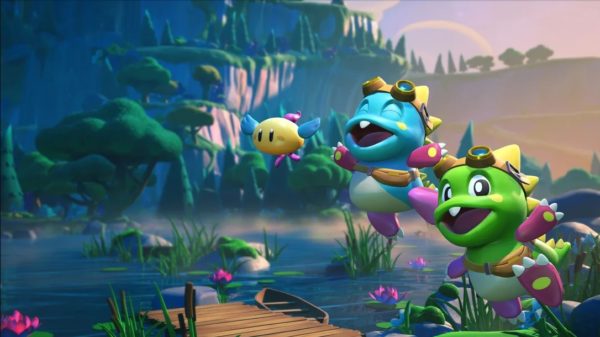
SparklingBlue
December 9, 2008 at 6:02 am
Wow…very well done, especially your Silent Hill memory
HigherBeing
December 9, 2008 at 6:19 am
Here here! Awesome article, I agree 100%.